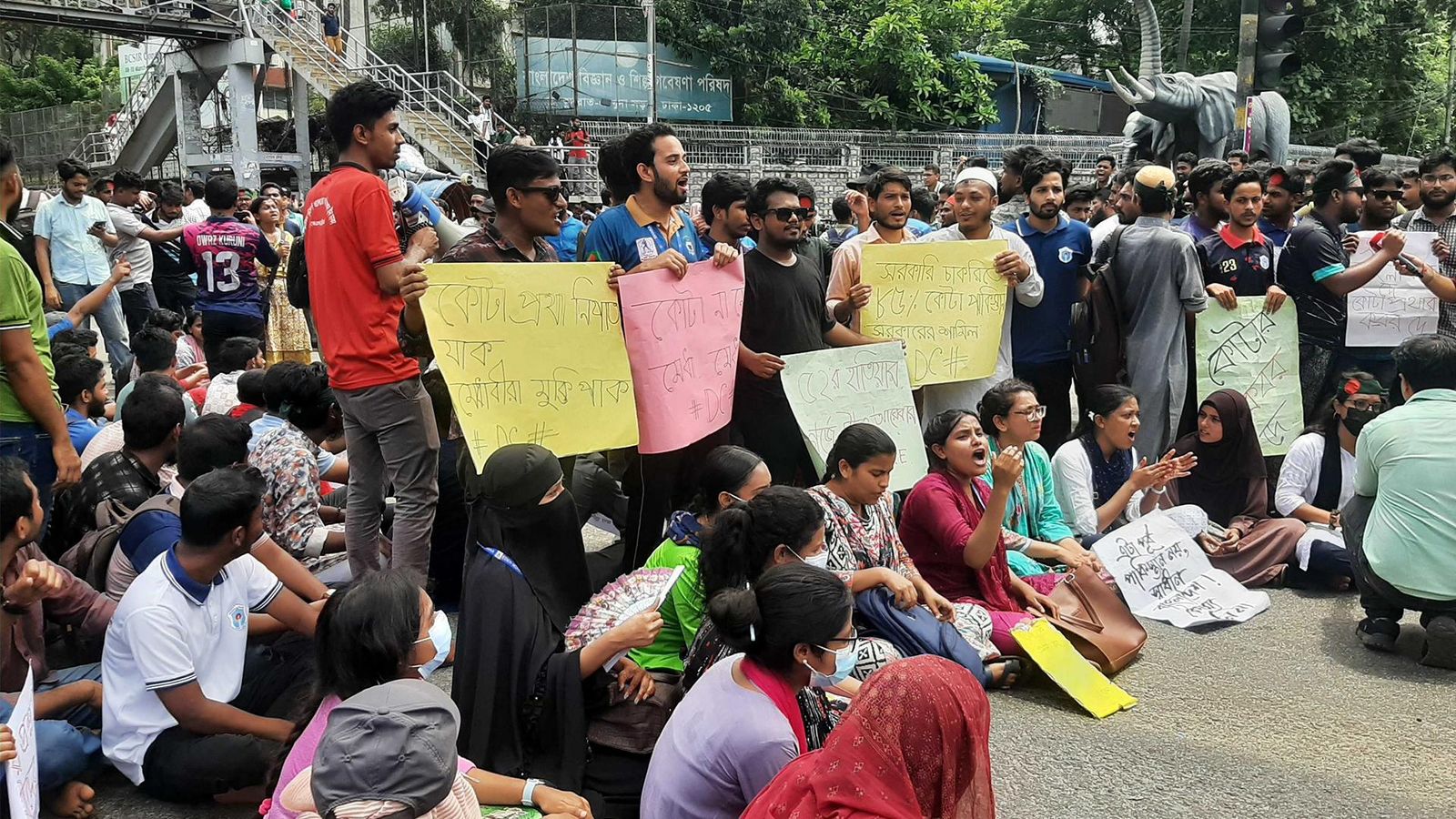Singapore, a hub for international industry, is bringing about significant revisions to its Employment Pass (EP) restrictions with the goal of giving priority to local talent. The government's attempts to strike a compromise between the public's opinion of foreign labor and economic necessities are reflected in these adjustments.
Starting September 2024, Singapore will implement a points-based system to evaluate EP applications.
This system assigns points based on several criteria:
Salary: Applicants earn points if their salary exceeds that of local employees in similar roles.
Education and Skills: Points are awarded based on the candidate’s educational qualifications and professional skills.
Diversity Contribution: Points are given if the applicant’s nationality contributes to the firm’s diversity.
A new minimum salary criteria must be met by applicants in order to be eligible for an Employment Pass. EP holders now have a minimum monthly wage of S$5,600 (US$4,140) instead of S$5,000 (US$3,700). The minimum salary in the financial sector has increased from S$5,500 (US$4,100) to S$6,200 (US$4,600), setting an even higher standard.
Under the old system, the primary criteria for Employment Pass approval were the applicant’s educational background, professional qualifications, and a minimum salary threshold. While the minimum salary varied by age and industry, the evaluation process was less structured and transparent than the new points-based system.
Employers previously had more flexibility in hiring foreign workers, with fewer stringent requirements to justify the need for foreign talent over local hires. This led to a relatively straightforward application process, provided the candidate met the basic qualifications and salary benchmarks.








.svg)


